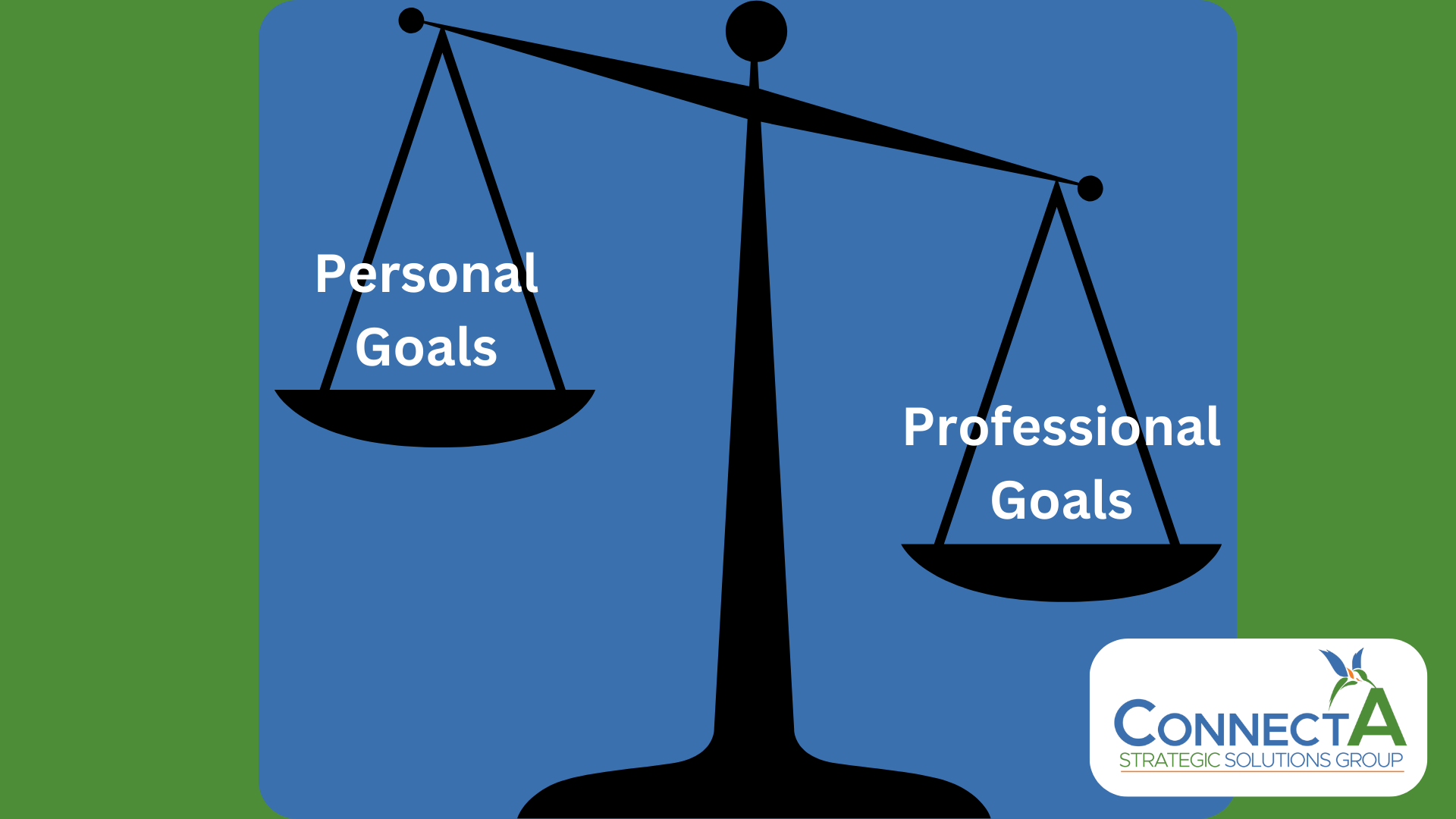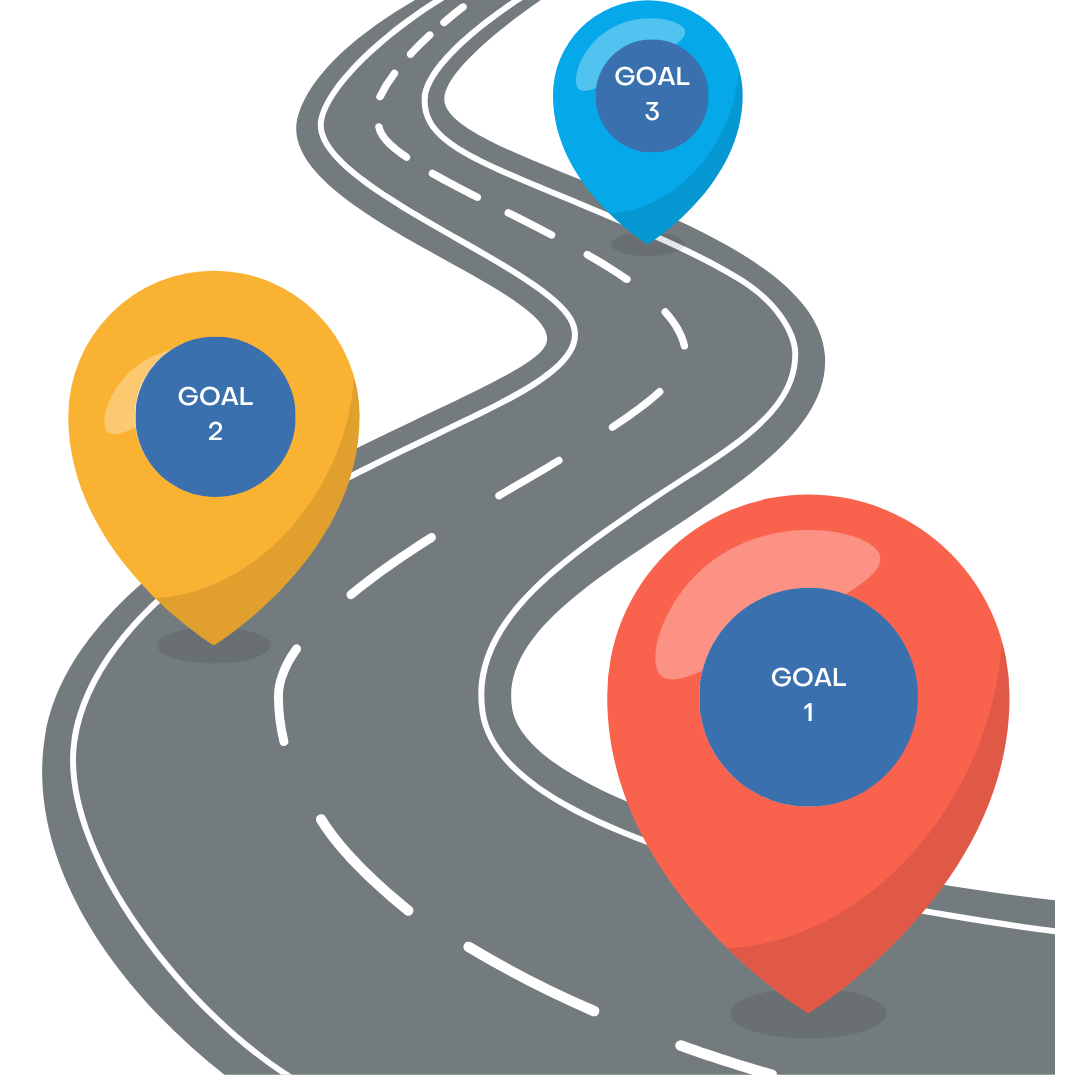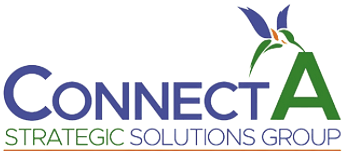What is Executive Coaching?
What is Executive Coaching?
Executive coaching, in short, is what you would look for to get your professional life, your talent, and or your career, to that next level of success. There may come a time when you have the chance to think about working with an executive coach; whether you are going out on your own to find an executive coach or your employer is encouraging you to work with a coach, you most certainly have some questions about the process. This article will provide you with questions and answers that will assist you in navigating executive coaching.

What is an Executive Coach?
An executive coach is a professional who specializes in the development of executives and or those who would like to reach exceeding levels of success. Their thought process is one with the goal of improving their ability to maximize their leadership performance and more effectively manage higher levels of stress.
There are numerous distinct tiers and degrees of coaching, including the following:
When you need assistance closing a performance gap, this is the most fundamental kind of coaching you may receive. People who struggle with something that is either readily evident or something that might be a blind spot that they are unable to perceive benefit from this form of counseling. Either you or your manager has come to the conclusion that your behavior is holding you back professionally, or it has been brought to your attention that the performance of others needs to be corrected.
When you are promoted to a management-level position, you are eligible for the following level of coaching. When you get to this point, you transition from being an individual contributor to a position where you need to understand the dynamics of growing other people. In this stage, you go through a mental change that involves letting go of control, trusting other people instead of trying to be the hero, setting expectations, offering positive feedback, and developing others.
Scale is an additional aspect of executive coaching that must be taken into consideration. When you expand from managing five people to managing a hundred, or from managing five hundred to managing five thousand, you will need to learn various strategies to manage your time and lead your team.
Last but not least, C-suite executives may benefit from executive coaching in a variety of ways, ranging from having a trusted adviser to receiving detailed refining. Executives are already outstanding performers, but an executive coach can help you zero in on particular areas to maximize performance and uncover blind spots by providing you with facts and comments that others may be afraid to share.
Who Should Hire an Executive Coach?
Employing an executive coach is a smart move for anyone interested in sustaining and accelerating their growth on any level. Furthermore, if you have goals, real goals, and accomplishments you want to truly realize, it is never too early to get started.
There are people who actively pursue executive coaching and pay for it out of their own pocket while working toward gaining significant growth and moving up in a company. They desire to put their attention on advancing their ability and position. They will typically table some social engagements, like eating out, or do anything else frivolous because they want to save up enough to pay for the coaching they need Instead. The choice to invest in yourself for coaching can only put you in a better position.
Your coaching will help you learn to think, react, and perform at a higher level than your present role requires. Your emotional intelligence (EQ) as well evolves to a much greater level. Some of the most recognized people in our society are professionally coached as they understand that coaching enables you to think, communicate, and be more efficient.
There has been a shift in who employs an executive coach throughout recent history. According to findings published in the Harvard Business Review, a survey conducted 10 years ago found that the majority of businesses hired a coach to assist with correcting dysfunctional behavior at the top. The majority of coaching done in today's world focuses on increasing the skill sets of individuals with high potential.
According to the poll, the following are the top three reasons why executive coaches are engaged:
- Develop high potential or assist transition: 48% of the total.
- Serving as a sounding board accounts for 26% of the job.
- Deal with the behavior that is causing the derailment: 12 %
Executive coaching is a business tool employed throughout all sections of a company, and modern coaches have a larger goal than in the past.
What Can You Achieve with Executive Coaching?

Working with an executive coach may help you grow in any number of ways, but the following areas are often the ones on which you will focus the most:
Contributing significantly to results. You will get an understanding of how your ideas influence your emotions, how those moods influence your behaviors, and how your behaviors eventually assist drive your outcomes, both professionally and personally, via the process of receiving coaching.
Developing a following for somebody, you may already be generating results, but if you push employees too hard, those results will ultimately deteriorate, and you may lose members of your team. You may become an excellent leader by participating in coaching since it teaches you how to garner the respect and admiration of people who work for you, as well as their commitment to doing their jobs well.
Managing down, managing across, and managing up all in an efficient manner.
These are all various skill sets that need to be mastered, and they all need to be learned.
Leadership that adapts to changing circumstances.
Learning to adapt one's leadership style to the specific needs of each follower and circumstance that one encounters during a typical workday is an essential part of this skill. You need to be able to adapt to lead from a variety of various types, and coaching may help you attain this goal.
Mental fitness. When your mental fitness is up to par, you won't be easily provoked or reactive. You are capable of having poise even when under pressure because you know how to properly handle stress and overwhelm, you are resilient in any conversation or crisis you are experiencing, and you are able to maintain your composure in difficult situations. When your mental fitness is at its peak, you are able to apply the entire breadth and depth of your cognitive abilities to any challenge.
The area of performance that is being targeted. You may have identified a certain area in which you want improvement, such as anger control or the development of trust. Executive coaching may assist you in mastering this aspect of your life.
Carrying out the duties that are expected of one. This is about being an ethical leader, making the correct decisions, and putting the company first, your team second, and yourself last.
What are the Normal Steps Involved in The Executive Coaching Process?

The length of time for an executive coaching engagement can vary from six months or it can be for years. This more extended period of time enables learning to take place at the very beginning of the process and enables the practiced implementation of change throughout. It will take some time for the improvements to get integrated into the system.
During the first month of working together, the executive coach will focus on developing a comprehensive understanding of you, your surrounding environment, your personal and professional background, your underlying operating system, and your primary motivators. During this period, the coach and client should focus on establishing trust and growing closer to one another.
Metrics should be in place from the very beginning of the executive coaching session in order to measure your development and deliver concrete outcomes. This begins with one-on-one 360-degree stakeholder interviews (either by phone interview or in-person meeting) with as few as eight and as many as twenty individuals to collect qualitative and quantitative feedback on performance.
During this part of the assessment, the executive coach will ask you in-depth questions about how others see you in terms of a wide variety of leadership characteristics. The coach listens to the feedback of people who work closely with you on a daily basis, which enables them to construct a hypothesis and recognize prospects for personal growth and advancement. In addition to this, you do an in-depth self-assessment of the aforementioned areas, which enables you to better pinpoint your blind spots. For instance, you could think of yourself as an excellent listener, but your coworkers might not share that opinion. They could notice that your constant usage of your cell phone interferes with your ability to listen.
Some executive coaches will require their executive coaching clients to attend leadership development workshops. These intensive workshop programs delve deep to teach you how to break routines that aren't productive and help you discover the areas in which you can be getting in your way. Many of our customers have shared with us that they were taken aback when they discovered that their mentality as well as the language they employ has a significant influence on their day-to-day performance, energy, and results. The resources, including access to our unique app, that you need to accomplish and maintain meaningful change are provided during our seminars.
Following the completion of the preliminary in-depth study and evaluation performed by key stakeholders, the coach and the client will collaborate to develop the focused areas of concentration. To accomplish the intended change in a manner that is measurable and to foster leadership, perceptual, and behavioral change, coaches use weekly one-on-one coaching paired with a range of approaches and tactics.
Throughout the course of the procedure, the coach should provide you with debriefings and discuss the findings with you. These debriefs are intended to facilitate the transfer of knowledge, the construction of a foundation for personal and professional development, the provision of context and shared language for use in future coaching sessions, as well as effective leadership communication, and the building of a foundation for personal and professional development.
After the agreement has come to a conclusion, the coach will do a post-interview 360 with the same persons who were first questioned at the outset of the partnership. In the end, this enables the coach to compare pre-coaching performance with post-coaching performance, which gauges the change in how key stakeholders view the situation. It is a method through which the client and the company may measure the impact and return on investment (ROI) of the coaching engagement.
It is important to keep in mind that the primary goal of executive coaching is to foster development, growth, and transformation in one or more key areas of performance. These key areas include communication, listening, situational leadership, driving results, executive presence, and creating followership.
Where Can I Find the Return on Investment for Executive Coaching?

According to the findings of a survey that has been published several times, conducted by PriceWaterhouseCoopers and the Association Resource Centre, the average return on investment (ROI) of executive coaching is seven times the initial outlay. This is due to the far-reaching consequences that executive coaching has on its participants. According to the International Coaching Federation (ICF), leaders who engaged in coaching witnessed a 50 to 70 percent rise in their job performance, their ability to manage their time effectively, and the efficacy of their teams. Businesses are able to expand their potential for growth when they have strong leadership teams. They get the benefits of improved rates of productivity, engagement, and retention, all of which add significantly to the company's bottom-line outcomes.
It is essential to keep in mind that even while many of the advantages of executive coaching are intangible, this does not mean that they cannot be measured. These 360-degree exams, which were stated before, provide executive coaches the ability to test 32 different leadership qualities. These competencies range from being decisive to delegating responsibilities, actively listening to providing criticism, and so on.
What Should You Look for in an Executive Coach and How Do You Know if You're Getting a Good One?
In the same way that there are varying degrees of coaching experience in sports (ranging from Little League to the pros), there are also varying degrees of executive coaching experience. It's possible that one coach might feel at ease working with a director but not with a C-level executive from a Fortune 100 company. While others are only able to work at top-level positions, others only work at manager or mid-level positions. The amount of complexity grows as you progress up the organization chart, and with it, the expectations for your coach's abilities should rise too.
It is a widespread misconception that a coach must have previous experience working in the same business as the executives they will be coaching in order to be qualified to do so. A significant number of coaches are former workers who have retired and have declared that they are now a "coach," however this does not constitute actual coaching.
It is vital for an executive coach to have corporate experience, as well as to have managed individuals and teams; however, it is not necessary to have been a CEO in order to coach a CEO. As an illustration, despite the fact that Phil Jackson was not as skilled a player in basketball as Michael Jordan was, Jackson was unquestionably a more effective coach than Jordan was. A coach brings to the table a variety of skill sets, including components of sociology and semantics, psychology, human behavior, and neuroscience, as well as coaching skills.
The following is critical information that a significant number of coaches would want you not to be aware of:
Because the coaching sector is not regulated in any way, this implies that anybody may call oneself a coach. Although nothing speaks more loudly than a proven track record, including testimonials from delighted current and previous customers, there are some requirements that any coach ought to achieve in order to be successful.
Try to choose a coach that has a variety of professional credentials and certifications, since they can provide insight into their degree of training and professional growth.
The following constitute ICF credentials:
ACC stands for Associate Certified Coach, and it requires candidates to have at least 100 hours of paid coaching experience.
PCC stands for Professional Certified Coach, and it requires candidates to have at least 500 hours of paid coaching experience
MCC stands for Master Certified Coach, and it requires candidates to have over 2,500 hours of paid coaching experience.
After a coach's name, you'll see one of these classifications. Next, look at the candidate's experience in leadership roles and their business savvy. A significant amount of corporate and entrepreneurial experience are essential qualities that enable a coach to comprehend not just the issues you face in your personal life but also those you face in your business. Strong coaches contribute to the delivery of measurable, tangible results for their teams.
Where Can You Find an Executive Coach?
Referrals from other executives gained through word of mouth may be an excellent source of information, as can an exhaustive search on Google. Once you have found a coach who piques your interest, you should check their certification level using the directory provided by the International Coaching Federation. When conducting your due diligence on potential coaches, the most essential thing you can do is to think of some questions ahead of time and spend some time with the candidate to assess their chemistry, fit, and level of expertise. If you are interested in hearing success stories from some of's customers, you can view some of our testimonial movies on this page.

